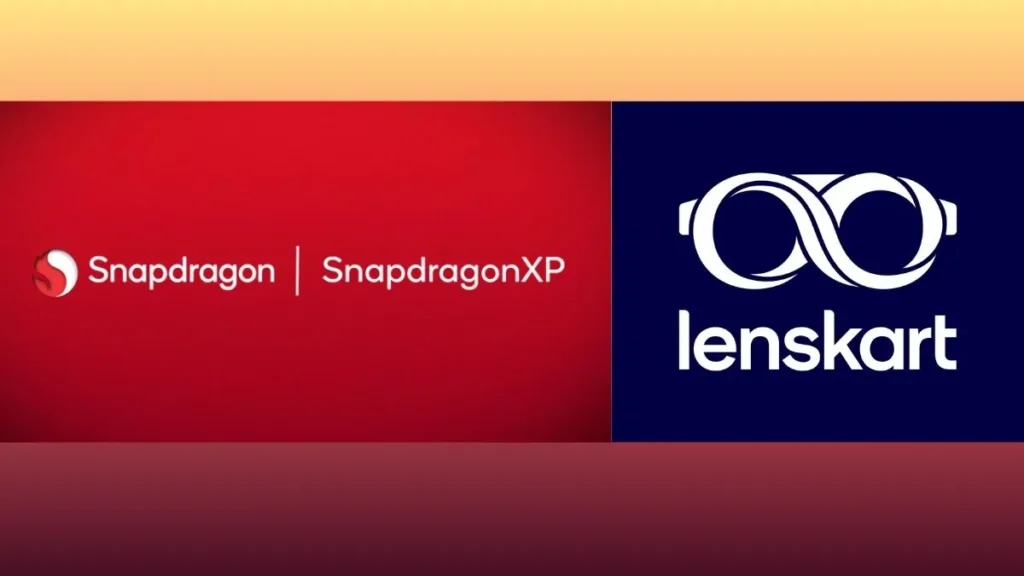Snapdragon-powered AI glasses coming to India, Lenskart joins the move

New Delhi: Qualcomm Technologies, a wholly-owned subsidiary of Qualcomm Incorporated, whose a key player in the wireless technology industry, and is known for focusing on developing and commercialising foundational technologies for the wireless industry, has reportedly started a new chapter for India’s extended reality (XR) development with its special event. Named as ‘Snapdragon for India: XR Day’, the event has brought together top tech experts, developers, creators, and industry leaders to explore the future of smart glasses and spatial computing in India.
Showcasing the future of XR in India
The event featured exciting live demos showing how XR (Extended Reality) have the capability to change the way we interact with technology at present. From fitness and education to entertainment and content creation, Qualcomm showed how spatial computing could bring smarter and more immersive experiences to people.
Smart glasses powered by AI and Snapdragon
Alex Katouzian, Qualcomm’s Group General Manager, shared how Snapdragon XR platforms have already powered over 100 immersive devices around the world. He explained how AI will play a major role in XR by making devices see and hear like humans. He even demonstrated a small language model (SLM) running directly on AI glasses—without needing cloud support—showing how powerful and portable Snapdragon-powered devices can be.

Qualcomm is also working with Lenskart to build smart glasses powered by Snapdragon chips for Indian consumers.
India’s Role in the Global XR Revolution
Savi Soin, President of Qualcomm India said that India is at the center of a digital shift, and smart glasses may soon become as common as smartphones in the country. These glasses will rule the market in the coming time. and will be lightweight, stylish and full of useful features- just like any other glasses which a user wears. He added that this technology can help frontline workers, improve remote education, and offer digital access to all, supporting India’s “Viksit Bharat” mission.











